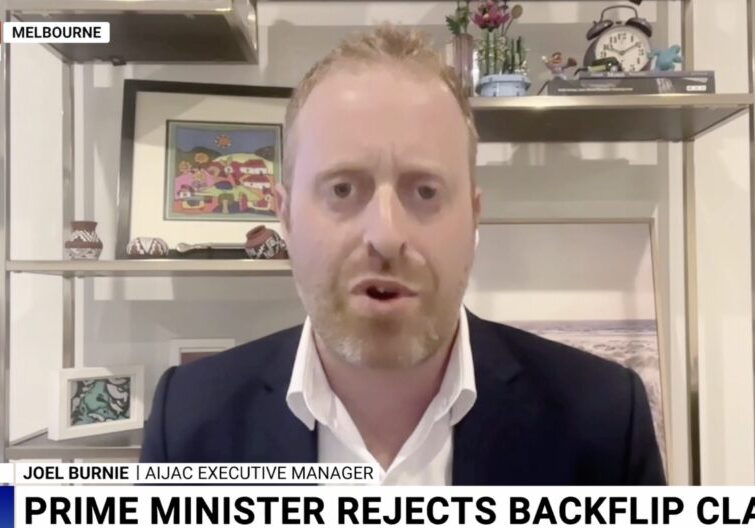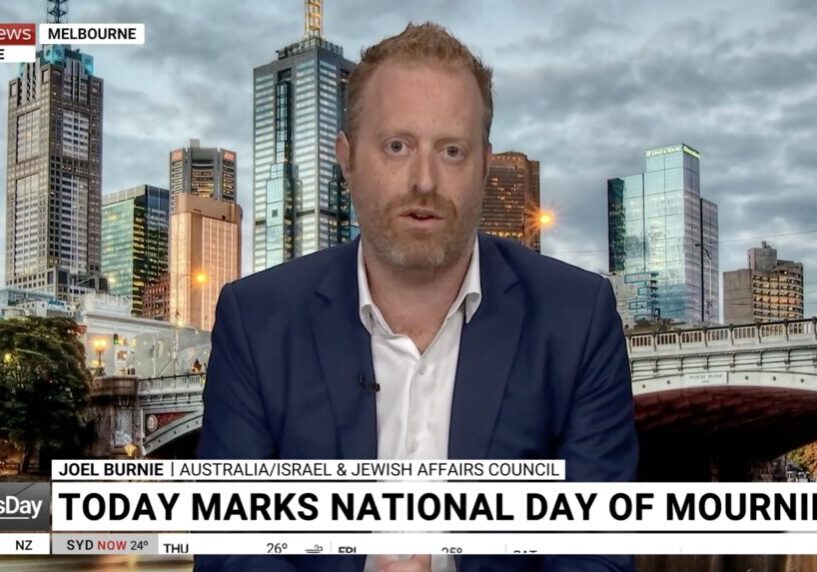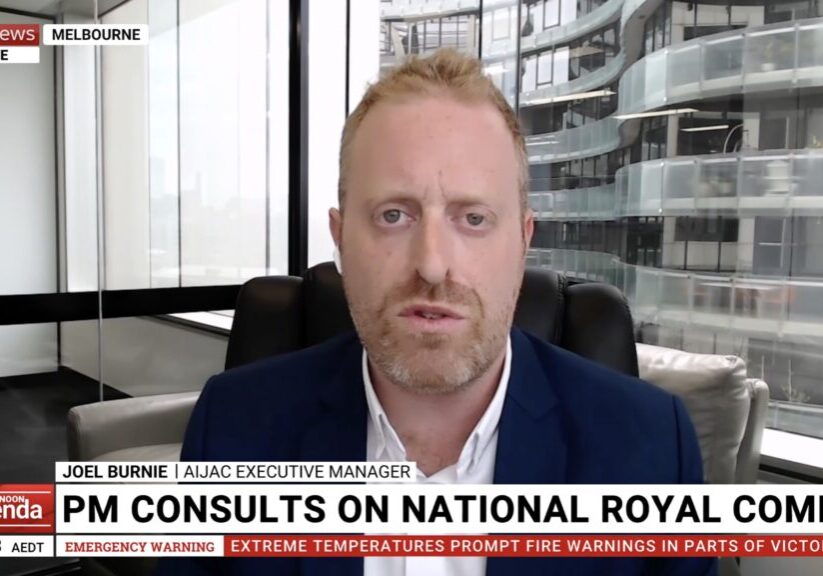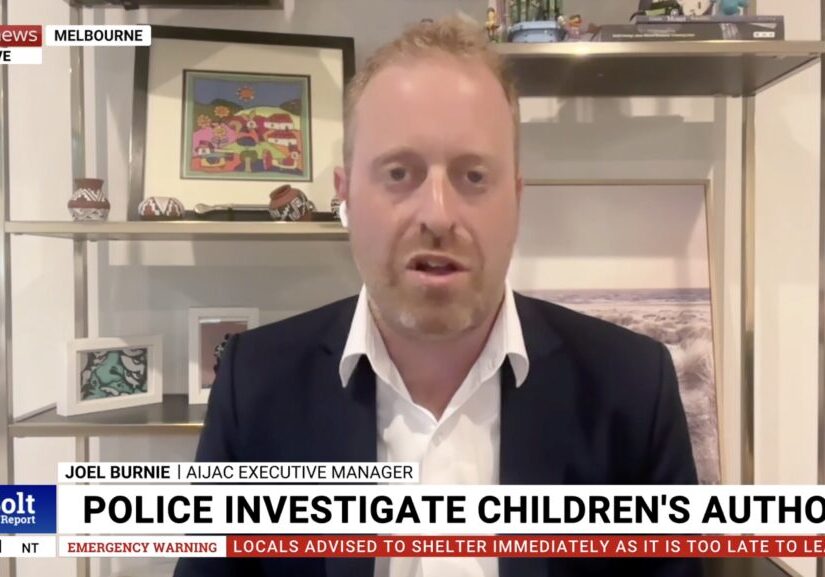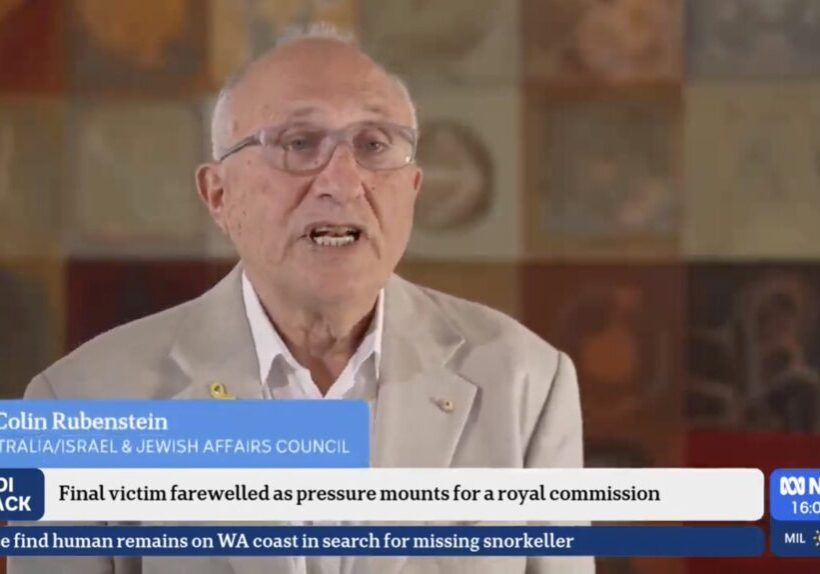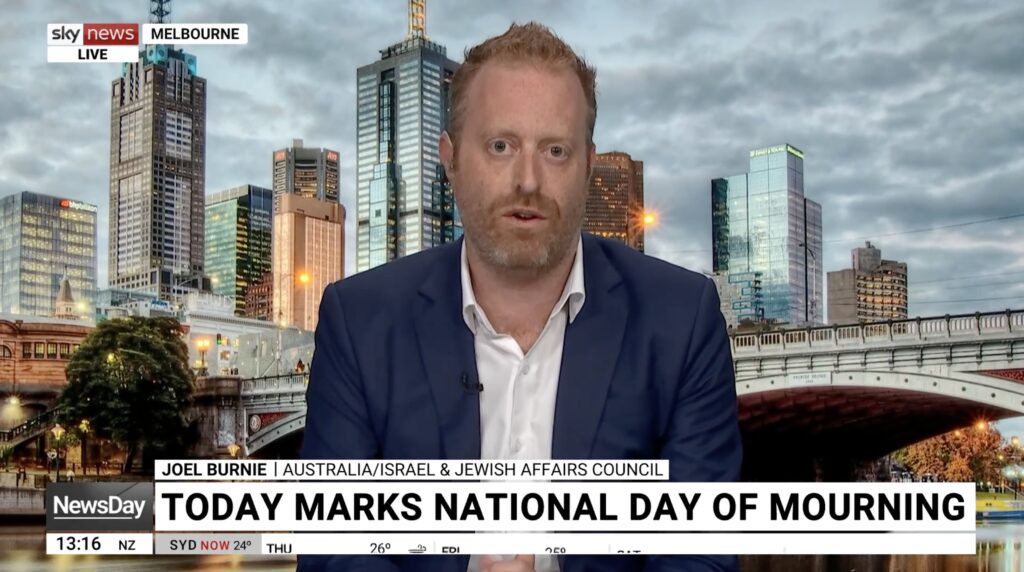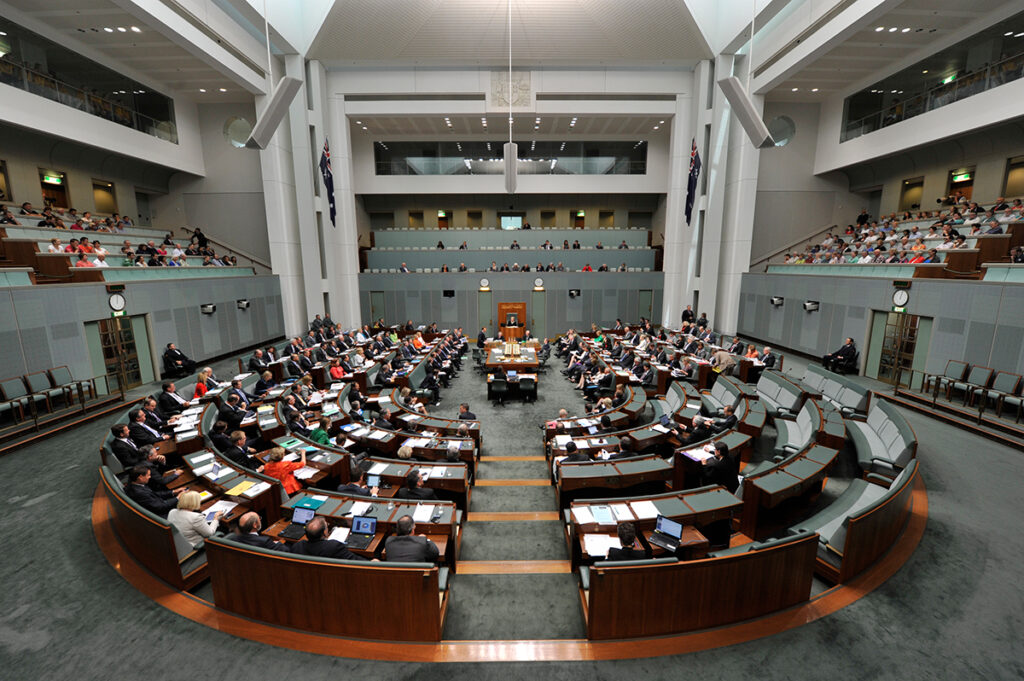FRESH AIR
Interview: AIJAC’s Ahron Shapiro with SBS Radio’s Nitza Lowenstein on the delayed result of the US Presidential Election
November 9, 2020
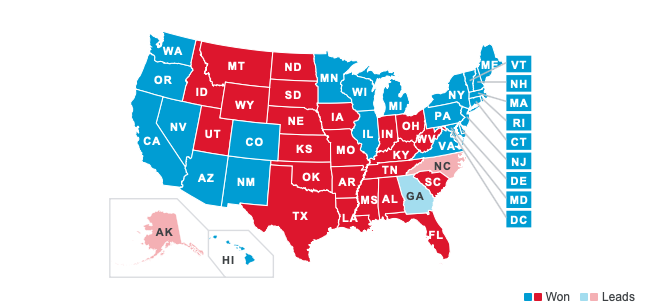
Nitza Lowenstein: Ahron, I would like to talk to you today about the US election. I think the whole world is watching this election as I’m talking to you. The results are not very clear. But what can you tell us about it why this election was so different from previous ones.
Ahron Shapiro: Well it’s because the election is taking place amidst the coronavirus pandemic.
It was run very differently than in previous elections. A lot more votes were cast by mail and absentee ballot. And I think it was something the Democrats really embraced and the Republicans not so much. Their strategy was to make a big turnout traditionally at the polls. And it’s interesting how it all played out because on election night there was a big Republican advantage. And then as they started counting the mail-in ballots in some states, especially with large Democratic-controlled cities – the ones that are traditionally Democratic like Philadelphia or Detroit or Milwaukee – there was a reversal of fortune.
And it looks at this time – although they haven’t finished counting – it looks like that the advantage is definitely with the Democrats. And Joe Biden has a better chance of winning than Donald Trump. So why Trump is contesting the results because it’s interesting and there is a point to be made here because of the pandemic, the the the vote-counting in these cities. They were supposed to have observers to make sure that everything was being done properly and they allowed observers but only at a distance. And if you’re looking at a big distance it’s impossible to be able to scrutinize the envelopes that the votes came in. And that’s a big problem for the Republicans. And you one can see their point that it’s hard to verify that everything was done properly. You don’t get the same sort of scrutiny for example that you had in the year 2000 with George Bush in Florida. That was all done very close up and everyone saw exactly what was happening there. There’s a lot of votes have been counted from those envelopes without being positive. It doesn’t mean the votes were illegitimate but it does mean that it’s hard to have that verification and there’s so much at stake and the vote swing is so great that the Republicans are making a big fuss. And they’re threatening, they’re bringing it to the courts and that’s why I believe they’re trying to stop the counting in one state. They’re trying to prevent – once you open the envelopes you can’t put them back into the envelope and figure out where they came from.
So it’s a problem for the Republicans. For the Democrats not so much because they of course these are the cities where they were encouraging people to do this. So they are they’re benefiting from this.
Nitza Lowenstein: So so they can’t even recount it?
Ahron Shapiro: Well they can recount but they’re recounting a vote that that has already come out of the envelope. What the Republicans are arguing, and there’s no way to know you know, the Republicans say we don’t know where this vote came from. The Democrats say oh, the counters in these cities said they were fine. But there’s no way to read – you can count the vote again but you can’t check the provenance, the origin of the vote to make sure that there are certain things that need to be right about it. There should be a postmark that says that was received before the before the election day or on the election whatever the law was. And if these votes are now – they can’t be sure. They know that it’s a vote for or against one candidate or another but you can’t be sure if that vote came from a place that was legitimate. So they can do all the recounts they want but they’ve lost that that level of verification that’s supposed to be with every vote. So this is the legal argument and you could say that the Republicans are just making a fuss because they’re losing and maybe you’re right. But the Republicans also have an argument and they say there should be [observable] verification and there wasn’t. So these are the arguments that will play themselves out in court.
Nitza Lowenstein: So, for example, anyone could send an envelope that can’t be verified that they’re not kosher vote or does it work?
Ahron Shapiro: Well they don’t know. I’m saying that when they did the voting by mail there were lots of safeguards. But again, that only gets you to the point where they’re counted. So that the safeguards are that you have to have a signature that matches the signature you have to have it’s put in a sealed envelope inside an envelope. So there are safeguards, but they only lasted as long as the envelopes are opened. Once they’re opened, you don’t know. Imagine in Israel you have a box, you know, a voting box and your vote goes into an envelope and goes into a box. And imagine – now in Israel you don’t have mail-in voting. Imagine if you had, then everything single vote is like a little voting box, a kalpi. And once you’ve torn open the envelope you can’t be sure that was where it came from. So that’s why if they have a recount they can’t be sure where it came from. These are the arguments that the Republicans will make. The Democrats will say, oh you’re being ridiculous. These – you know we take the testimony of the people who are counting the votes that it was all done legitimately. But these are the arguments that will go back and forth and it will really be up to the judges to decide in those cases whether the Republicans are right or the Democrats are right.
But I would say that the chances are that the Democrats will get the votes through because there is the benefit of the doubt that the that everything was done correctly because there was a system.
Nitza Lowenstein: We are talking to Ahron Shapiro senior policy analyst at AIJAC, the Australian Israel and Jewish Affairs Council.
And you’re listening to SBS Shalom Australia. Ahron, you were born in America. We can hear your accent. Can you tell us why in this election beside being during the pandemic, it seems that the American people are so divided.
Ahron Shapiro: Well, yes and I think that that there was the polling saying before the election that there was less division. But the truth is, as we know now, that it’s almost evenly split in from in terms of the way the states are divided and the way it is in what they call the electoral college, which makes sure that the rural states have a balanced power with the populous states like New York and California. But when they do the popular vote and when they count all the votes in the big cities, you’ll see a majority of people who will go with the Democrats. So if you talk about popular vote I think the Democrats have an advantage but Trump has much more support than perhaps was obvious to people in Australia or in perhaps even Israel where you are getting a lot of stories [which makes him] seem less popular than he was. Turns out he was quite popular but was he was popular enough to win the popular vote or even the electoral college vote? Very unlikely. As things stand now he will probably lose the election regardless of the court challenge.
To listen to the full interview, click here.
Tags: Donald Trump, Elections, Joe Biden, United States
RELATED ARTICLES

Anti-Israel protesters’ deafening silence on Iranian repression: Arsen Ostrovsky on Sky News
